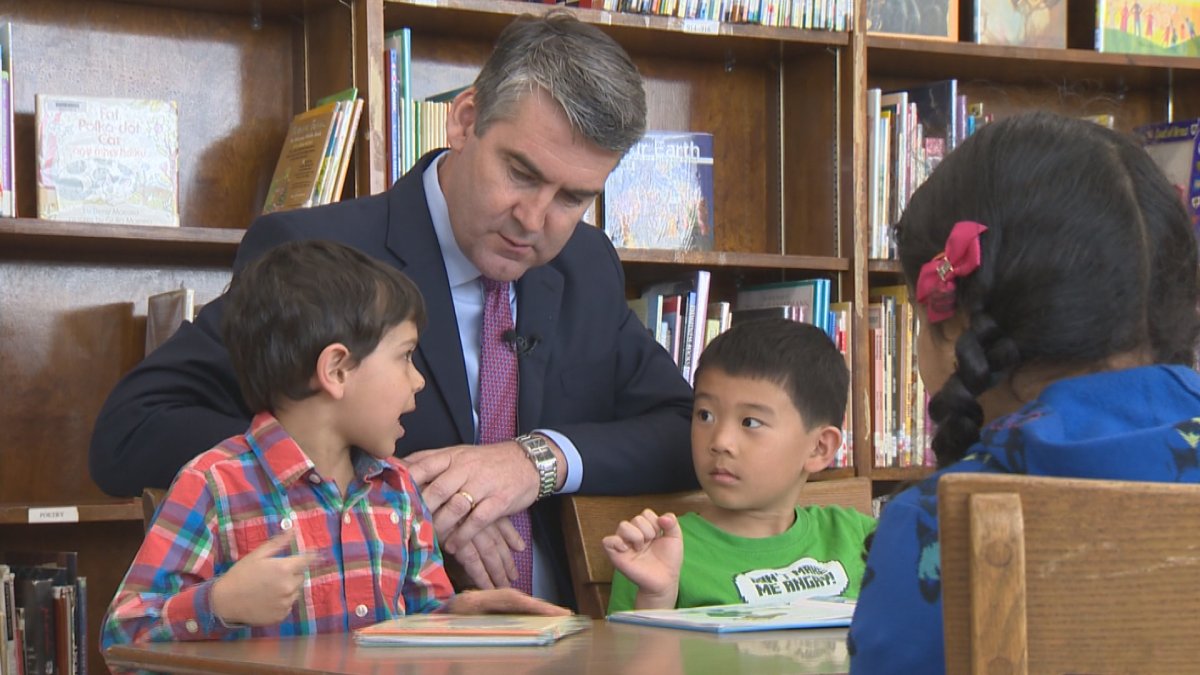Labour discord with teachers and civil servants is again at centre stage ahead of the fall legislative sitting.

The second session of the 62nd general assembly will be dissolved Thursday and Lieutenant Governor John James Grant will read the speech from the throne — setting the government’s legislative agenda for the third session under Premier Stephen McNeil.
READ MORE: Nova Scotia calls for conciliator’s report in contract dispute with teachers
As the government nears the end of its mandate, Nova Scotians should expect some new initiatives aimed at attracting voters in the likely event an election will be called in the next year.
Whether the government will use the throne speech to tackle politically sensitive issues like a carbon price demand from Ottawa, a previously promised overhaul of seniors pharmacare, and a 2013 election promise to give all Nova Scotians access to a family doctor is still an unknown.
Labour discord set to dominate Province House again
Potential labour unrest is setting the tone as politicians head back to the legislature.
After a second rejected contract in less than one year, the teachers’ union is asking members to give it a strike mandate in two weeks time.
“Executive members were unanimous in recommending that all eligible public school teachers vote in favour of strike action,” Nova Scotia Teachers Union President Liette Doucet said Wednesday in a release.
Her statements were met by the government keeping its promise to no longer negotiate. Education Minister Karen Casey released a statement saying the bargaining process had run its course, and asking the concilliator to file its report on negotiations.
READ MORE: Contract offer rejected: what happens next for Nova Scotia teachers and students?
“At the bargaining table, we reached two tentative agreements that provided wage increases and took steps to address working conditions,” Casey said in the statement.
Once that report is filed, a 44-day cooling-off period will kick in before any job action can be taken.
Meantime, after almost a full year of delays civil servants are expected to vote on their tentative agreement. The Nova Scotia Government and General Employees Union (NSGEU) originally recommended accepting the agreement but it has since reversed its recommendation.
READ MORE: Liberals pass contentious bill 148 following marathon debate
Union representatives will be speaking with membership across the province about the deal in early November.
The NSGEU uses a mail-in ballot system and has not yet announced when the ballots will be counted. However, union president Jason MacLean has committed to holding a vote before 2017.




Comments